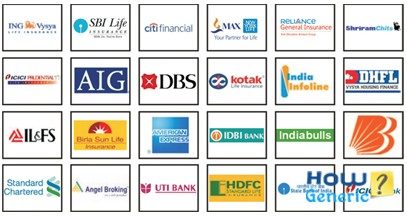Banks have the legal right to charge you these fees for legitimate services and may change them at any time. However, they are also legally obligated to inform you of their fees and any changes to them, which usually come in the form of a small leaflet tucked inside your statement that they are hoping you will throw away before actually reading.
Typical banking fees can range anywhere from as little as $5.00 for transferring funds from a savings account to cover an overdraft in checking, or as high as $39.00 for an actual overdraft that the bank may or may not pay in the event you don’t have their special coverage limit allowing overdrafts to a specific dollar amount. Checking accounts can cost anywhere from $3.00 to $10.00 or higher per month to be “maintained” by the bank.
Instructions
- The easiest way to avoid bank fees is the most obvious: keep careful track of every penny coming in and going out of your account and do not spend against the future! You may have a direct deposit going in every other Friday, so you write a check on Tuesday, depending upon the “float time” it takes for the check to hit the Federal Reserve before coming back to your bank for actual payment. You are thinking your direct deposit will be in by then, right? Hopefully you know by now that checks are being processed by most places electronically and can be submitted for payment the same day you write them.
- Keep track of your deposits and withdrawals daily. Banks are not non-profit organizations: they depend upon core deposits to meet their own loan obligations, and they need fee income to cover the basic expenses of any business. If a customer is less than diligent about keeping track of his account balance and consistently overdraws his account but continues to make deposits that bring the account into the positive, the bank will happily accommodate the customer by paying the checks but charging the overdraft fees. There is no deception involved here at all.
- Read the fine print and ask questions. When an account is opened at my financial institution, every bit of this information is openly disclosed to the customer. Free overdraft protection is offered, which is like a consumer loan with a hefty rate that is also disclosed. A customer may or may not qualify for it, but in the event that he doesn’t, he has the option of using a savings account for overdraft transfers, at the cost of $5.00 a transfer, rather than a $29.00 overdraft fee.
- Be frugal and pay attention to your account activity. Do not write checks for funds not immediately available to cover these withdrawals. Otherwise be of the understanding that banks do have the right to charge overdraft fees according to their policies and will continue to do so if you are not scrupulous in watching your fund balances. Avoid these unnecessary overdraft fees by not spending money that is not yet available to you.
- Ask questions. You always have every right to question any charges to your account and a bank will happily reverse any error they might have made. Simply ask to speak with an account representative to go over your questions, rather than attempt to resolve a dispute with a teller who may not be trained to handle extensive account inquiries.












